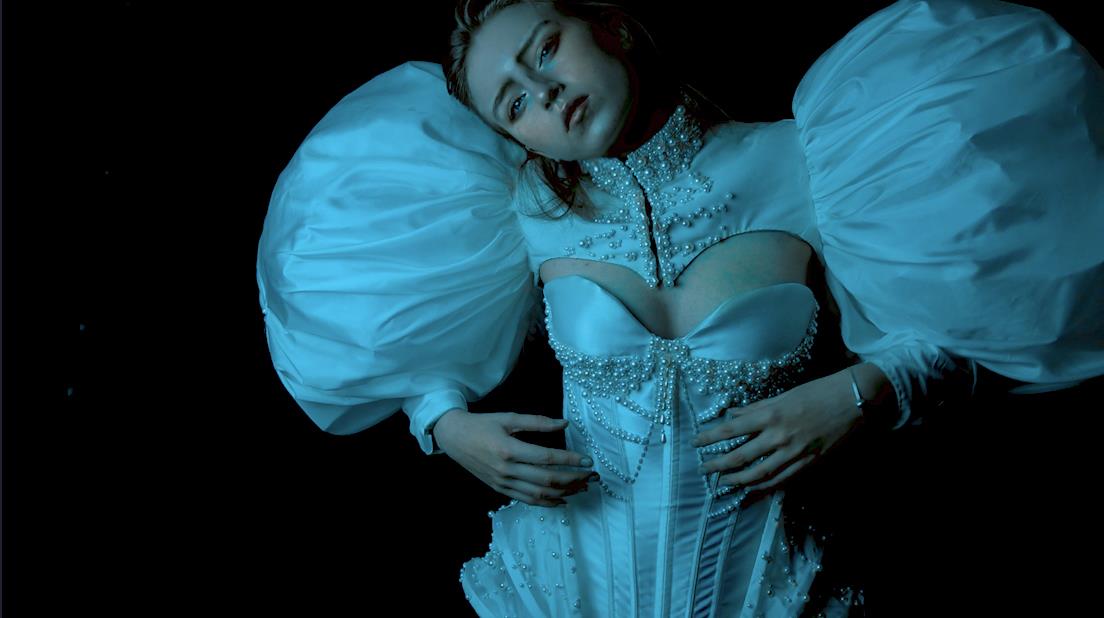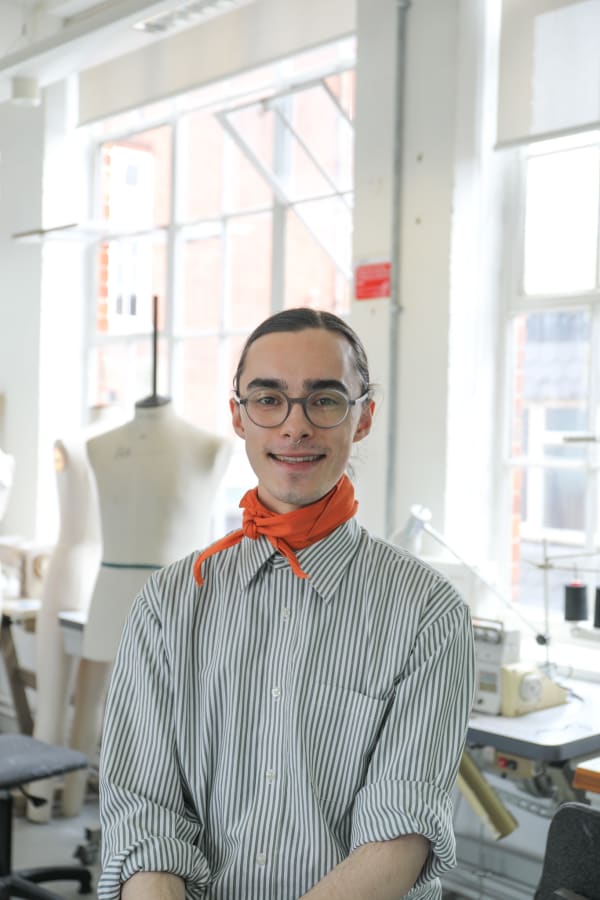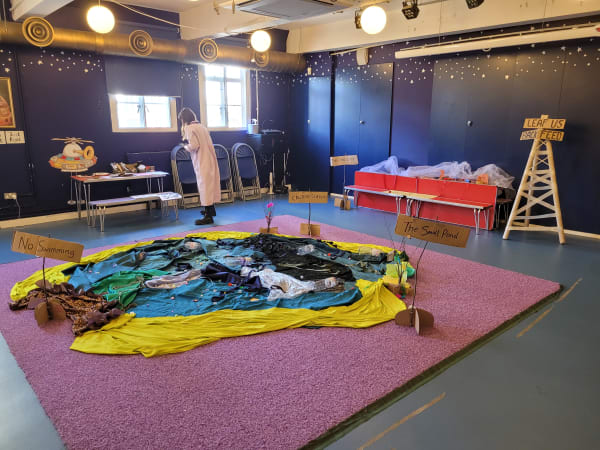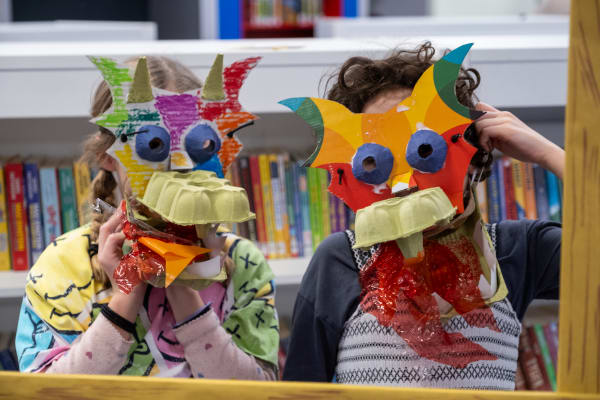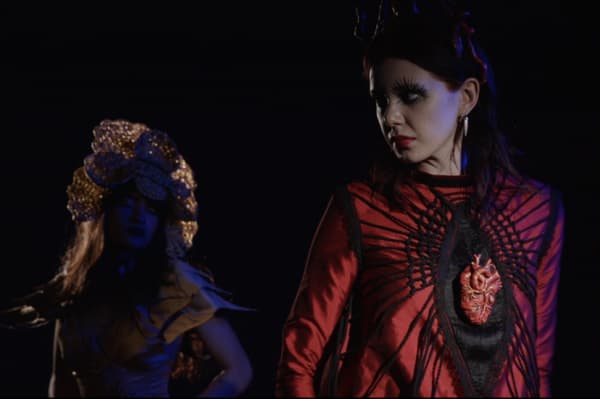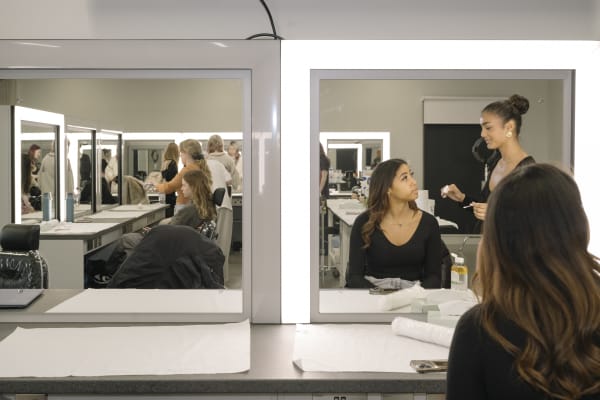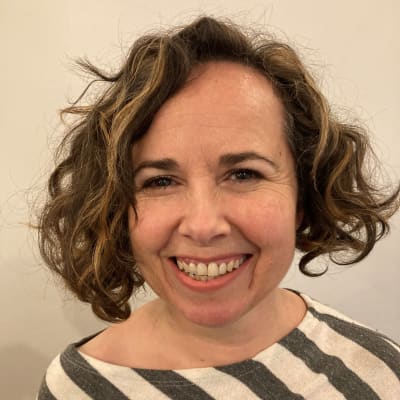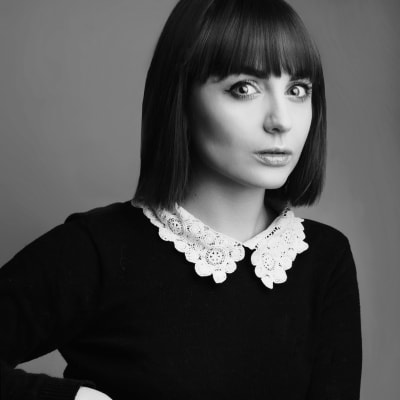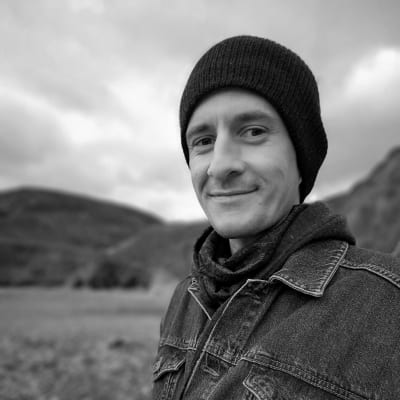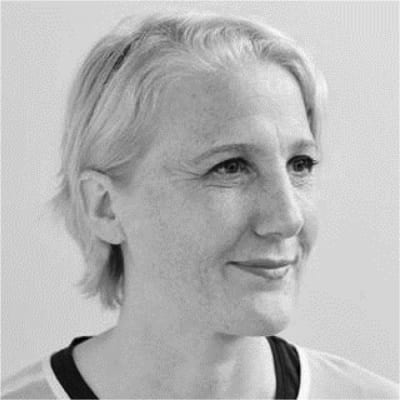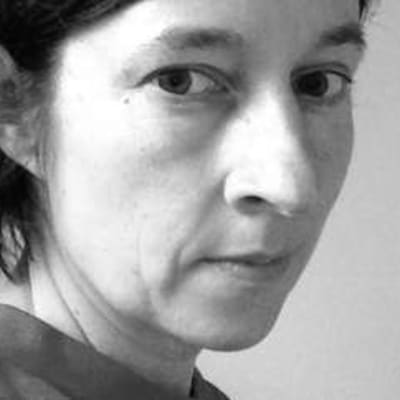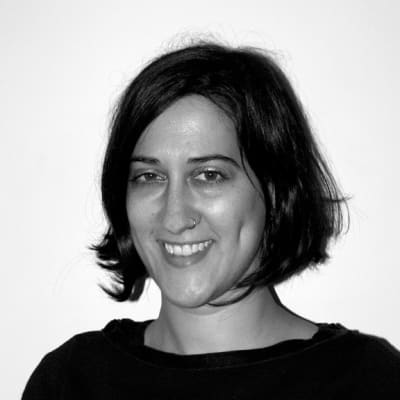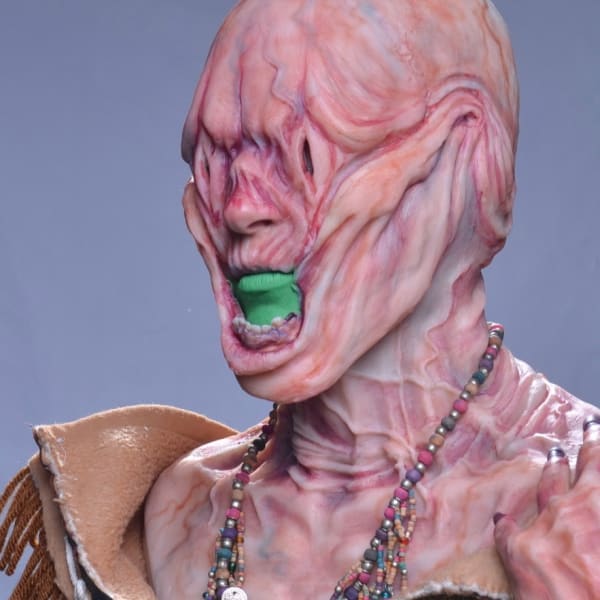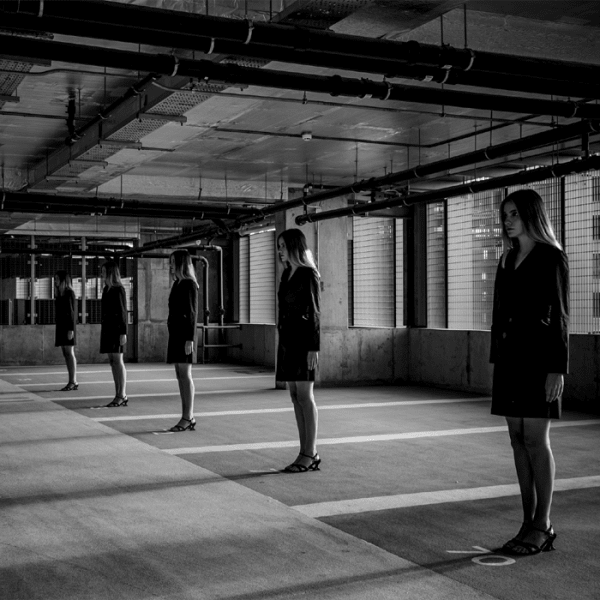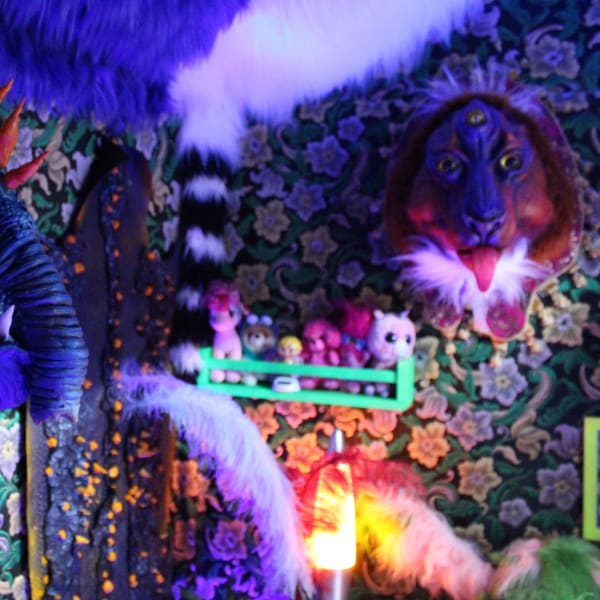Course units
Stage 1 (Level 4)
The units you will study in Year 1 are as follows:
First half of the year
- Introduction to Performance (20 Credits)
In this unit, you will be introduced to your course, its subject specialism and effective learning at undergraduate level. You’ll learn the practices and knowledge base needed to understand your discipline and develop skills for independent & collaborative learning, reflection and your own self-development. Reflect on your own background and how that shapes your approach to the course.
- Costume Principles One (40 Credits)
Understand the fundamental principles, skills and techniques used in costume for performance including life drawing, design practices, pattern cutting, and construction techniques. Through experimentation and research, you’ll learn how these principles can be used creatively, embedding the key theories/ issues and research methods alongside the practices and skills of costuming.
Second half of the year
- Fashion Cultures and Histories (20 Credits)
You’ll take a philosophical and theoretical approach to the study of fashion and its role in representing and communicating identity. Understand key ways of thinking about fashion across its cultural, historical, social and political contexts. Engage in debate and analysis of fashion as a key marker of social and cultural change and a means of understanding the relationship between individuals and communities.
- Costume Principles Two (40 Credits)
Building on Costume Principles One, you’ll apply costume skills and techniques to a specific performance genre. You will be supported to design and realise a costume outcome, developing your knowledge and skills with ethical consideration. This unit encourages innovation, experimentation and reflection within your research, design thinking and practice.
Stage 2 (Level 5)
The units you will study in Year 2 are as follows:
First half of the year
- Critical Issues in Fashion Research (20 Credits)
You’ll take a philosophical and theoretical approach to the study of fashion and its role in representing and communicating identity. Understand key ways of thinking about fashion across its cultural, historical, social and political contexts. Engage in debate and analysis of fashion as a key marker of social and cultural change and a means of understanding the relationship between individuals and communities.
- Costume Practice One (40 credits)
Develop a personal direction within the course as you refine specific design and technical skills and choose a specialist area. You’ll respond to a brief for either a ‘live’ (such as dance, circus, opera) or ‘mediated’ (such as television, film, gaming, animation) outcome. Explore how techniques can be used creatively and ethically.
Second half of the year
- Costume Practice Two (40 Credits)
Continue working within your specialist area from Costume Practice One. You’ll collaborate with industry partners on an industry-set brief to produce appropriate discipline-specific outputs for a live (or proposed) outcome/event. Develop your professional working experience, industry understanding and networking abilities through industry exchange.
Option 1
- Industry Placement (20 Credits)
Develop your professional skills with an industry placement where you’ll experience the pace, atmosphere and discipline of working in the industry. Gain practical experience of the roles, functions and operations within the industry.
Option 2
- Industry Engagement (20 Credits)
Engage with industry practitioners and companies across performance through a series of events (such as visits, talks and masterclasses) related to costume and the wider performance and fashion industry.
Optional Diploma Year
Industry DIPS
This optional diploma can be taken between years 2 and 3. With support from your tutors, you’ll undertake an industry placement for a minimum of 100 days/20 weeks. As well as developing industry skills, you’ll gain an additional qualification upon successful completion.
Enterprise DIPS
This optional diploma can be taken between years 2 and 3. With support from your tutors, you’ll undertake an enterprise placement year where you will explore a business idea from proposal to minimal viable product (MVP). As well as developing enterprise skills, you’ll gain an additional qualification upon successful completion.
CCI Creative Computing
Between years 2 and 3, you can undertake the year-long Diploma in Creative Computing. This will develop your skills in creative computing alongside your degree. After successfully completing the diploma and your undergraduate degree, you’ll graduate with an enhanced degree: BA (Hons) Costume (with Creative Computing).
CCI Apple Diploma
Between years 2 and 3, you can undertake the year-long Diploma in Apple Development. This will give you an opportunity to become an accredited apple developer alongside your degree. After successfully completing the diploma and your undergraduate degree, you’ll graduate with an enhanced degree: BA (Hons) Costume (with Apple Development).
Stage 3 (Level 6)
The units you will study in Year 3, Stage 3, Level 6 are as follows:
First half of the year
Your study at UAL allows you to choose between two options in the first half of your third year, identifying a personal direction for the progression of your learning. Choose from two options:
Option 1: a 40 credit practice-based unit complemented by a 20 credit writing-based unit
- Costume Professional One Extended (40 credits)
You’ll identify an area of personal interest and investigate, research, experiment and innovate to develop your concept and designs for realisation in the following unit (Costume Professional Two). You’ll consider ethical debates and take an experimental approach to design and production, working towards an intended performance genre and audience.
- Performance Practice in Context (20 credits)
Build on your theoretical understanding of Performance as you identify a topic related to your field of practice and critically investigate it through an academic essay. Undertake a process of enquiry that examines Performance practice in context, building on critical debates raised through your course and situating these in the context of your future employment in the creative industries.
Option 2: a 40 credit writing-based unit complemented by a 20 credit practice-based unit.
- Costume Professional One (20 credits)
You’ll identify an area of personal interest and investigate, research, experiment and innovate to develop your concept and designs for realisation in the following unit (Costume Professional Two). You’ll consider ethical debates and take an experimental approach to design and production, working towards an intended performance genre and audience.
- Creative Industries: Theories and Practices (40 credits)
In this unit, you’ll complete an independent research project and engage with industry professionals to learn about current debates and issues that shape and inform cultural production across media, communication and performance. You’ll be encouraged to respond to these debates in the form of an extended essay with supporting research materials. This unit will equip you with critical thinking, literacy and communication skills for both academic and professional contexts.
Second half of the year
- Costume Professional Two (60 credits)
Using feedback from Costume Professional One, you’ll realise your final project proposal, demonstrating specialist technical skills, career aspirations, ethical awareness, and your specific discipline interests. You’ll prepare for entry into your chosen field by developing your professional presence through appropriate channels.
